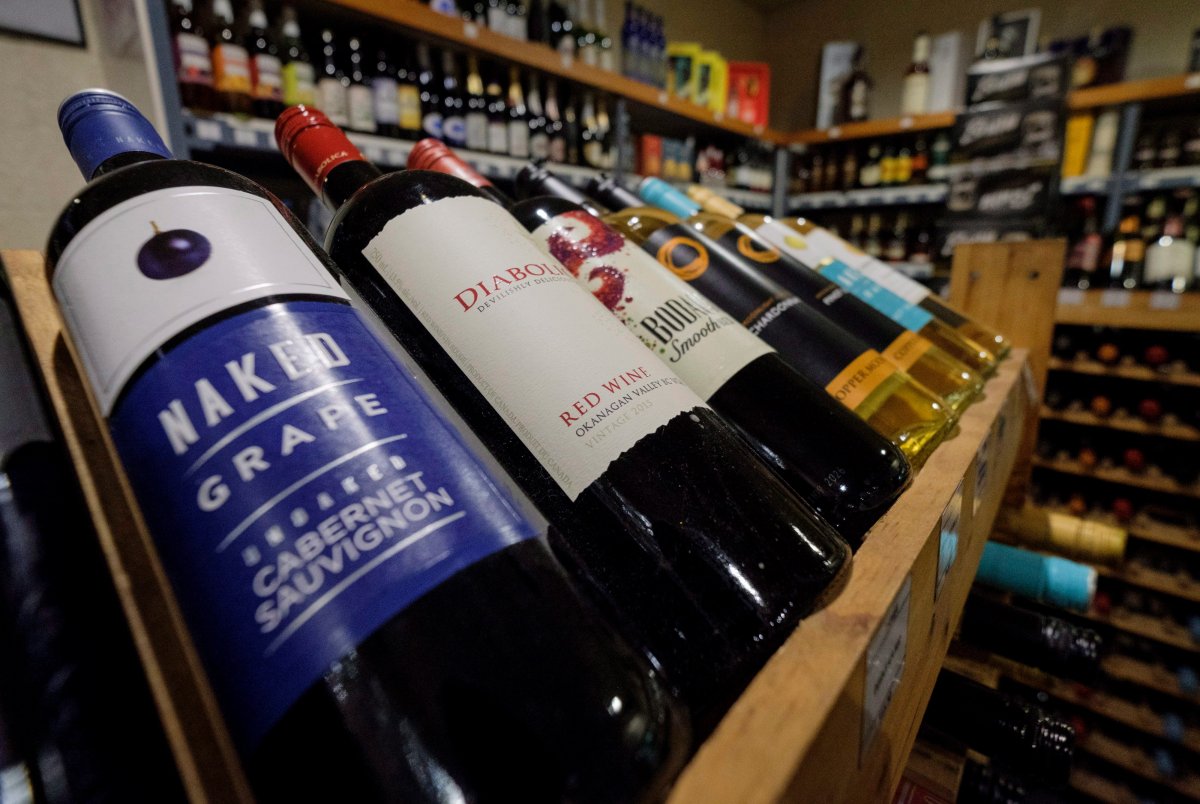The Manitoba Restaurant & Foodservices Association (MRFA) is calling out Manitoba’s government for not allowing restaurants to add booze to delivery and takeout orders during the COVID-19 outbreak.

“Although similar delivery is currently available from beer, wine and liquor stores, we don’t understand what is holding up restaurants from participating in this measure,” said MRFA executive director, Shaun Jeffrey, in a release Friday.
“This would allow for some restaurants to rehire laid-off staff to get them back to work.”
The MRFA is a non-profit industry advocate representing 400 restaurant members and 100 associate members across Manitoba.

This week Ontario amended a regulation to allow bars and restaurants to temporarily sell alcohol as part of a food order for takeout or delivery due to the pandemic, and British Columbia, Alberta, and Saskatchewan are also allowing the practice.
The Manitoba government introduced legislation to change the Liquor, Gaming, and Cannabis Control Act to allow liquor to be sold with take-out and delivery service from licensed establishments back in December, but it has yet to be put into law.
The MRFA said it recently met with government officials to ask for measures to be put into place, but say they were not given a timeline for implementation.

Get weekly health news
“No set timeline was provided on when such legislation would be introduced,” the MRFA’s release reads.
“Despite being the only province with current tabled similar legislation, the provincial government was unable to enact this industry saving measure.”
In a statement to Global News a spokesperson from the Crown Services Minister Jeff Wharton’s office referred to the proposed legislation from December and said the government appreciates the pressure currently facing small businesses in Manitoba.
“It is our intention to make these changes as soon as reasonably possible,” the spokesperson said.
At an unrelated press conference Friday Premier Brian Pallister said “everything is on the table” when asked if the government planned to change the rules around alcohol delivery for restaurants, but didn’t elaborate on any plans.
He said the government is working with stakeholders including the MRFA on the issue.
Manitoba’s chief public officer of health said this week he has not ordered liquor stores to close during the pandemic in order to avoid “unintended consequences.”
Dr. Brent Roussin said concerns over the health of those with substance abuse issues is playing a role in his decision making.
Experts have told Global News keeping liquor stores open may help make sure people living with alcohol abuse issues don’t add to the stress already facing the health-care system.

Questions about COVID-19? Here are some things you need to know:
Health officials caution against all international travel. Returning travellers are legally obligated to self-isolate for 14 days, beginning March 26, in case they develop symptoms and to prevent spreading the virus to others. Some provinces and territories have also implemented additional recommendations or enforcement measures to ensure those returning to the area self-isolate.
Symptoms can include fever, cough and difficulty breathing — very similar to a cold or flu. Some people can develop a more severe illness. People most at risk of this include older adults and people with severe chronic medical conditions like heart, lung or kidney disease. If you develop symptoms, contact public health authorities.
To prevent the virus from spreading, experts recommend frequent handwashing and coughing into your sleeve. They also recommend minimizing contact with others, staying home as much as possible and maintaining a distance of two metres from other people if you go out.
For full COVID-19 coverage from Global News, click here.









Comments